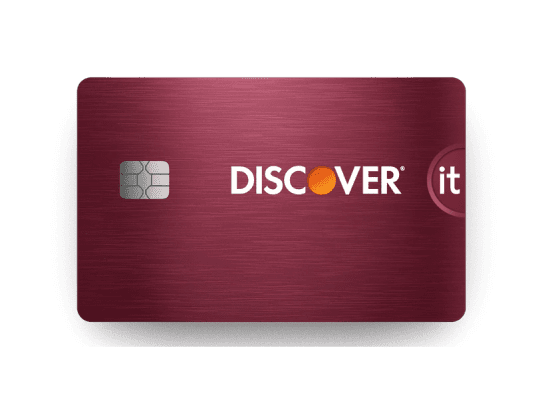When used strategically, a credit card can make shopping more convenient. It can even help you build a strong credit history so you can get other types of credit and loans. However, you may end up with credit card debt that’s hard to manage if you overuse your card and can’t pay your balance in full each month (or at least the minimum monthly payment).

What Is Credit Card Debt?
5 min read
Last Updated: May 29, 2025
Next steps

See if you're pre-approved

View all Discover credit cards
See rates, rewards and other info
You may also be interested in
Was this article helpful?
Was this article helpful?




